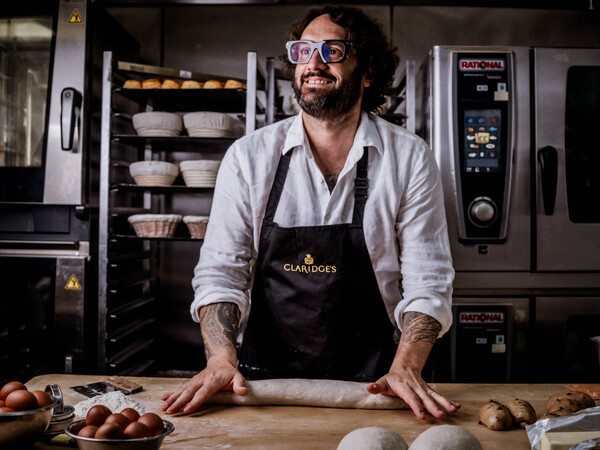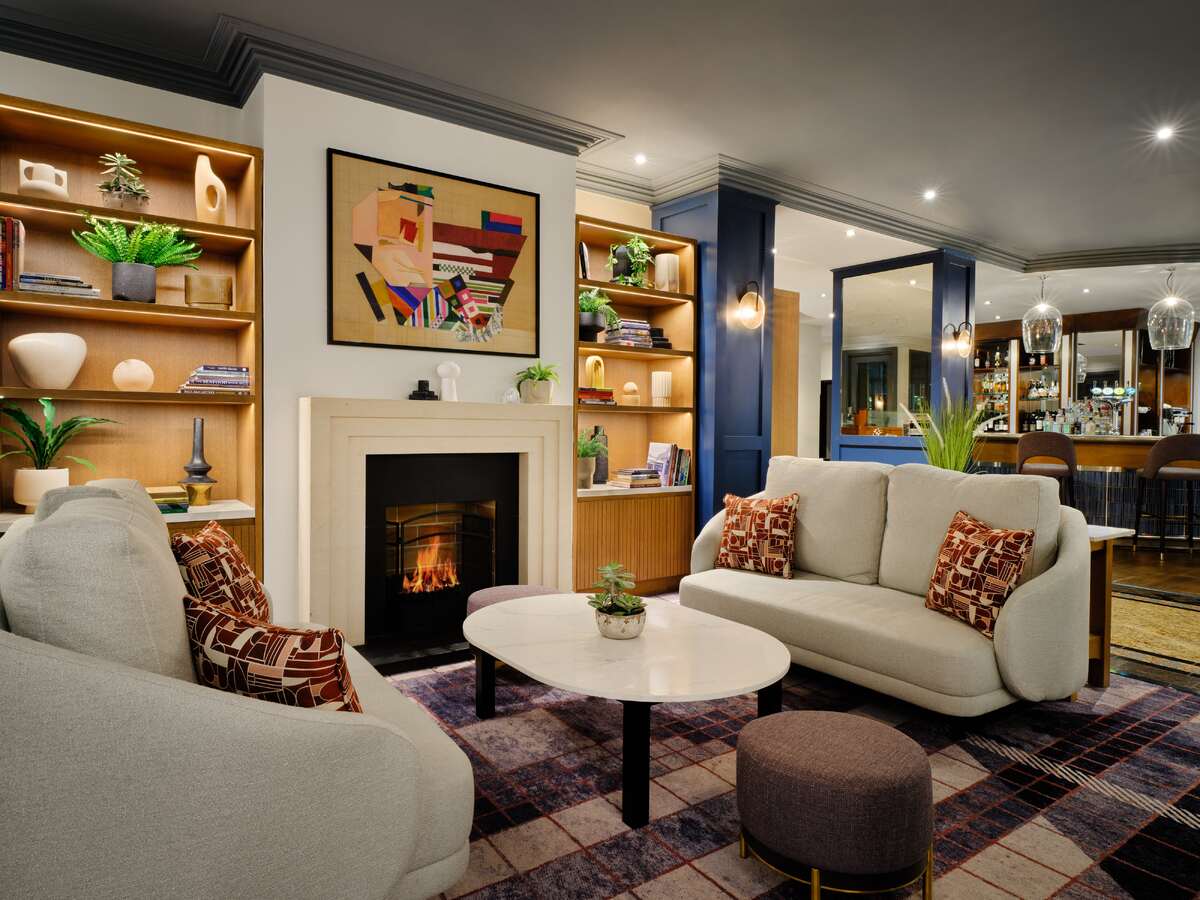Viewpoint: Why is a ‘disabled room' a downgrade?
We as hoteliers need to empathise and ensure everyone has the same hotel experience, says Robin Sheppard, chairman of Bespoke Hotels
Some 12 million people in the UK are affected by disability, which is a hefty slice of our population, yet we in the hospitality world rarely pause to consider how we can better equalise our services and enhance the hotel experience for disabled guests.
Iâve personally experienced disability as a consumer. Getting back to a life where I could look forward to going to a hotel or restaurant, or any sort of outing, took a long time. My confidence was stuck in the lost and found cupboard, I was ashamed about my mobility skills, and I didnât want to embarrass the people I was with. The hotel world, all too often, doesnât make these fears and frustrations any easier.
Putting my personal experiences aside and looking at this from a business perspective, disabled people represent a massive untapped market with a collective spending power of £249b. Harnessing the power of the âpurple poundâ creates a virtuous circle of more financial independence and the choices that come with it for disabled people, and that in turn represents huge economic opportunities for businesses.
This leads me to wonder why the industry isnât paying the issue more attention. Is regulation to blame? I donât think so; we would be worse off without it, but once the compliance box is ticked, almost all hotels assume their job is done. Thereâs a disconnect between compliancy (ticking off the DDA list), and how the rooms actually look and feel.
The pervasive attitude of turning our collective noses up at âdisabled roomsâ needs to change, and to achieve this, we as hoteliers need to take a long, hard look at what we are offering our disabled guests. If itâs functional, over-medicalised and devoid of all style and substance, then itâs time to address where we are going wrong.
My vision of changing hearts, minds and perceptions about disability led to the launch of the Bespoke Access Awards in 2016 in partnership with the Royal Institute of British Architects, the first competition of its kind to address accessibility in hotels through design and innovation.
While the awards have undoubtedly raised awareness of this issue, there is much more to be done and I canât achieve it alone. The entire industry needs to sit up, take notice and inject some joy into the hotel experience for disabled guests. Ultimately, I would like to see a situation where people see being given a disabled room as an upgrade, rather than the short straw.
Want to help me change hearts and minds? Go to access.bespokehotels.com


















